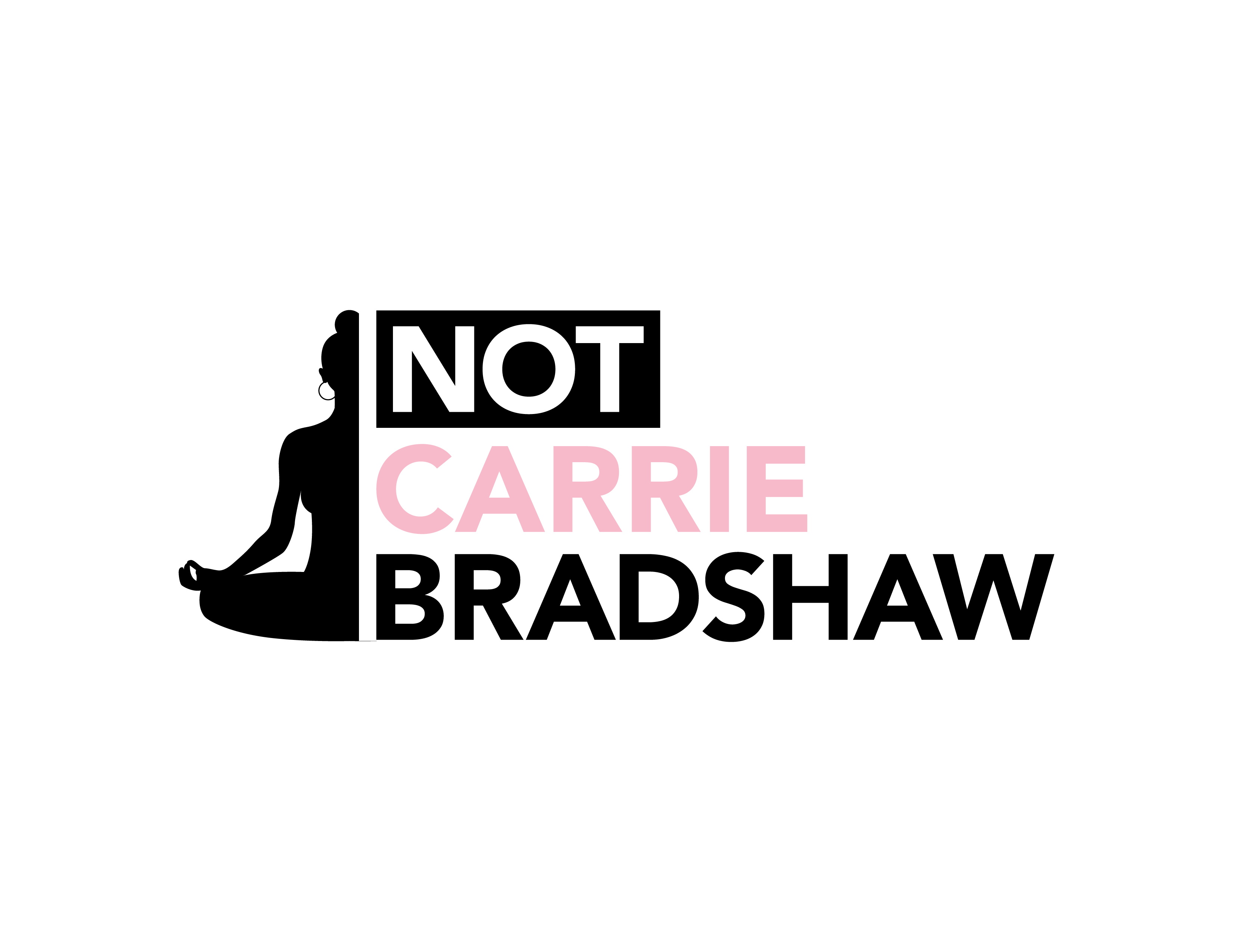
A few people asked me what I thought about the visual and emotional journey that was Beyonce’s “Lemonade,” and I shied away from saying much about it, because I don’t quite feel qualified. Much of the imagery was lost on me. I have to admit that I didn’t fully understand the reference points of some of the visuals, yet they still evoked emotions, and that is what art of all kinds is intended to do. I may not be able to write a thesis paper about the African and Creole reverences, the cinematography, what this meant, what that meant, but I can tell you that I felt everything in earnest. Art, if nothing else should make you feel something. I cried, laughed, gasped, twerked, thought reeeallllly hard about some painful stuff, and felt full at the end. I enjoyed the fashion, the shade to side chicks, and fuck boys, the forgiveness and redemption, the pride of being a black woman, the cameos, the voice overs, all of that. More than anything I enjoyed seeing a stripped down, and vulnerable Beyonce.

My biggest criticism of Beyonce is also why I so admire her. She has both a ubiquitous presence, and a huge air of mystery around her personal life. This is a balance that not many celebs of her stature can seem to find. She and Kerry Washington tend to lead the way in being wildly popular and present in the zeitgeist, while also keeping us all the hell up out of their personal business. For this reason I never really felt the connection to Bey that a lot of people did from the beginning of her career. I could always acknowledge that her work was good, and that she was an amazing performer, but I never felt the “personal” connection that we’ve felt with Mary, Monica, Faith, and the like. The first glimpse of Beyonce the Real Person came when I saw her perform “Resentment.” The pain she put into singing that song was the most real she ever was to me. I never saw that person again until the self-titled Beyonce album, where she let us in a little more. This past Saturday though, we saw her completely stripped down. She sang about the complete experience of being a black woman from her own perspective, which despite how far away from our reality she is, is still very similar to ours. There are an infinite amount of ways to be a black woman, but the thing that unites us is the way the world views us. Regardless of what walk of life we come from, or the texture of our hair, or the shade of brown we are, or the amount of education we have or don’t have, or our socioeconomic status, we are united under the label of Black Woman. Lemonade explored that experience. There was so much vulnerability from scene to scene. How bold a notion it is to be vulnerable, because in doing so you give onlookers permission to rip you to shreds if they choose to. The sad part is that while many women looked on with pride, men came out the woodworks in a pitiful display of butt hurtness that was almost difficult to witness.

Malcolm X’s speech “Who Taught You To Hate Yourself?” was spoken in 1962, yet those decades old words still resonated with me so much during the film.
“The most disrespected woman in America, is the black woman. The most un-protected person in America is the black woman. The most neglected person in America, is the black woman.”
The current relevance of those words is piercing. Yet, in the end we see the celebration of black womanhood. It all comes together, and it’s just…magical. It was amazing to see such hoopla made over what is in its essence, at its core, a visual introspection into the complexities of living and loving as a black woman. That shit is dope.








Two snaps and a clap.